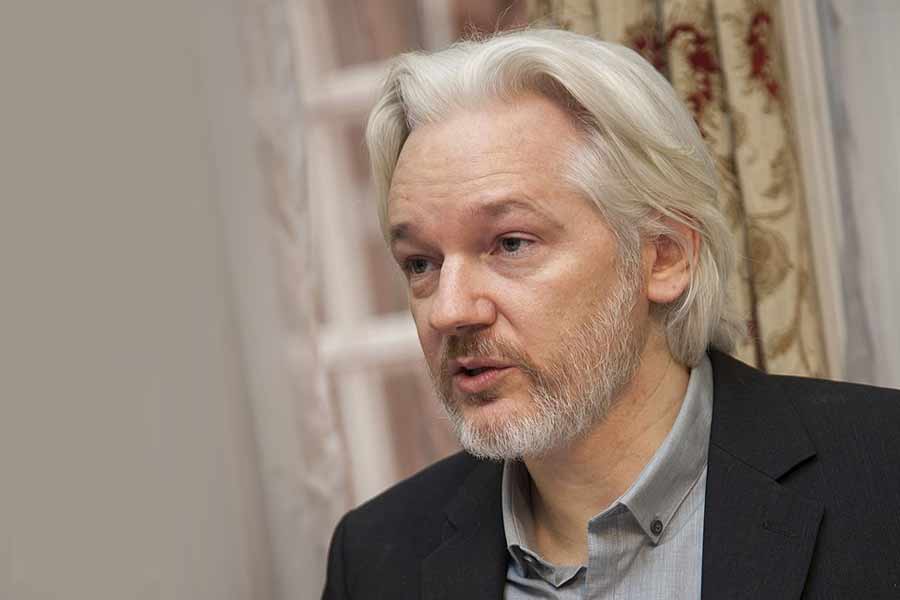Julian Assange, the founder of the WikiLeaks platform, finally won his freedom from Britain’s Belmarsh prison after a 14-year-long legal struggle centred on allegations by the United States of America that he broke multiple laws to secure top-secret documents. A day after his release, Mr Assange pled guilty to violating the US’s Espionage Act in exchange for his freedom and returned to Australia — his home. His release comes after a years-long campaign by free speech advocates, transparency activists and whistle-blowers who argued that the US government and its allies — Britain in particular — were penalising him for exposing their excesses — domestic and international. Indeed, Mr Assange and WikiLeaks had exposed abuses by the US forces in Guantanamo Bay and attacks by American gunships on unarmed journalists and civilians in Iraq, among other transgressions. The documents they obtained from whistle-blowers also revealed the mass-scale surveillance of ordinary citizens and world leaders by the National Security Agency of the US and how European companies were involved in the Syrian government’s crackdowns on its critics.
The impact of the exposés by WikiLeaks is hard to overstate. The revelations shed light on how the most powerful nation-states operate outside the rules they set for the rest of the world and how senior diplomats discuss controversial subjects with each other when they think no one is watching. That backdrop makes the release of Mr Assange a victory for transparency. It is also a vindication of the work of hundreds of journalists around the world, including in India, who risk threats, coercion, legal suits and actual violence from governments and powerful corporates to access dirty secrets that the people ought to know about. Finally, it validates the role of whistle-blowers, who often remain anonymous, and who place their jobs, safety and lives at risk to alert the public.
In a world where the State prioritises the rhetoric of security over transparency and access to information, investigative journalists and whistle-blowers, as also platforms like WikiLeaks, are often portrayed as criminals by governments and big businesses uncomfortable with their actions. They are not. To be clear, journalists must draw a line between exposés in public interest and revealing details that could endanger the safety of individuals. Mr Assange’s plea deal also raises some complex questions. Will the US use his guilty plea on espionage charges to try and set a precedent that it could use to silence other whistle-blowers of national security? Will other countries follow suit? What would Mr Assange’s legacy be? Will whistle-blowers around the world draw strength from his release or see his long struggle as evidence of how those in power could punish them and alter the contours of journalism? The answer is unclear.
What is clear though is the power of truth. Governments, irrespective of their ideological bent, have historically tried to deny people the information they need to truly hold rulers to account. By shattering that wall of opacity — and often, of lies — whistle-blowers and journalists perform a vital role in upholding democratic values. Like Mr Assange, they deserve to be feted, not punished.











